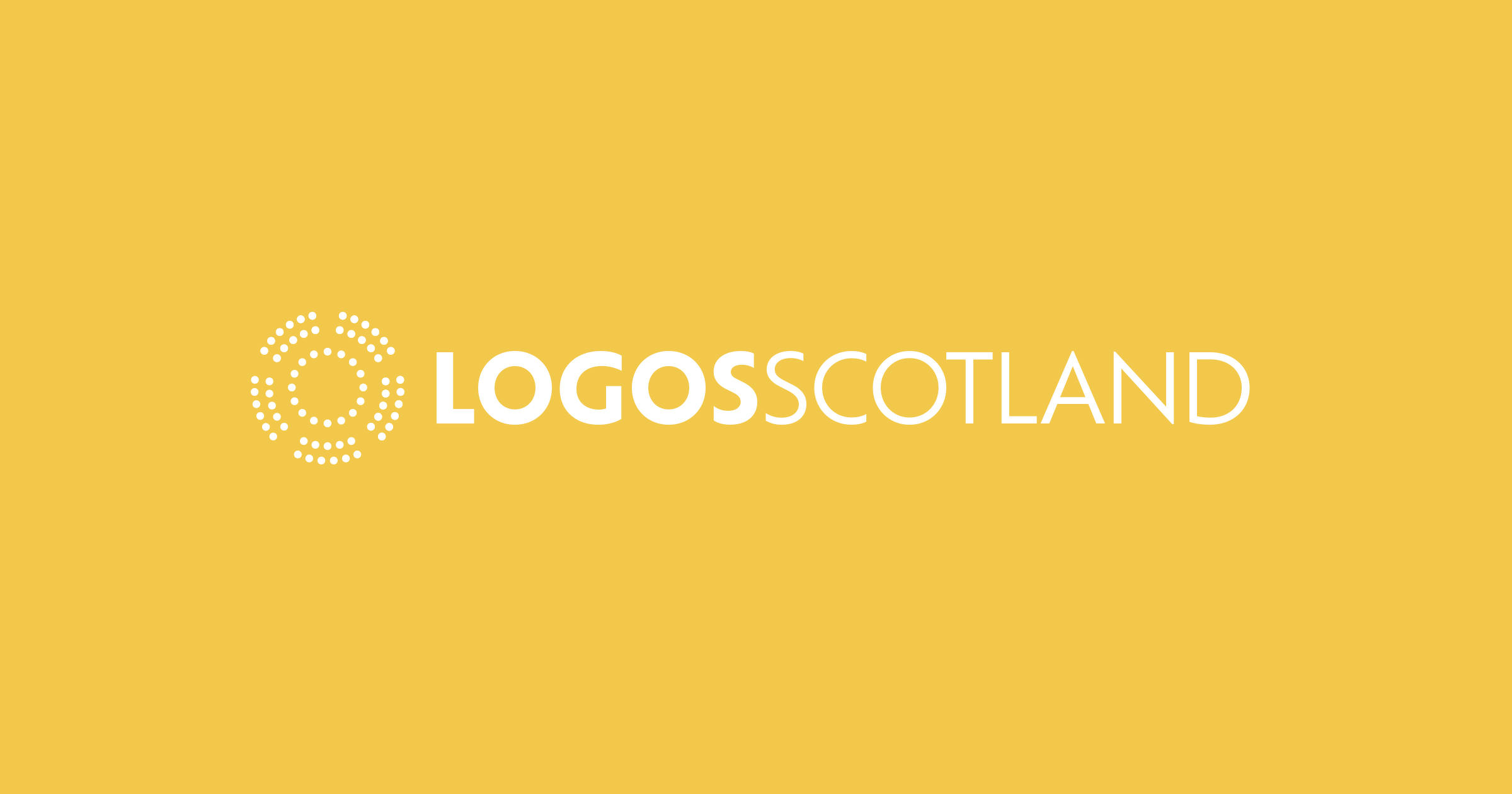What is it that underpins our global society, peace and security?

For over a century modern global peace and security has been governed by a system of treaties and international agreements. Events like COP26 and organisations like the G8 give nations hope that by working together we can build a better world, and combat some of the global challenges that exist. These are founded on trust. Trust that nations will stick to their agreements, and trust that a change of Government in any nation will not affect that commitment.
This is a long established rule of international politics and diplomacy.
This week, the UK Government has announced that they will introduce legislation that will overturn part of the Brexit deal that was agreed when we left the EU. Boris Johnson said that the Brexit deal and the Northern Ireland Protocol, created “unnecessary barriers” on trade and therefore fixing it “is not a big deal”.
While making the change may be a bit of minor parliamentary maneuvering, what does it say about Britain’s place in the world, and what does it say about trust and reputation?
The European Commission vice-president Maroš Šefčovič said “unilateral action is damaging to mutual trust and a formula for uncertainty.” Lord Patten described the Bill as “complete madness”. Government Ministers have defended the Bill saying it is fixing an issue in the Brexit deal.
The question remains whether they knew that there was an issue when they signed the deal, and therefore why was it signed?
Britain is part of the G7, recognised as being a major world player, recognised as being a leader in democratic thinking and home to the Mother of Parliaments. That reputation was hard won, and is difficult to maintain.
Tony Blair, while negotiating the Good Friday Agreement said that peace processes were ongoing and could not be neglected, they either moved forward or went backwards. There is great concern that in Northern Ireland the peace process is now going backwards without the constant attention that is required to move it forward. Matthew 5:9 states “Blessed are the peacemakers” – peacemaking is a constant work of bringing reconciliation, seeking shalom for aggrieved parties. Shalom is never static – and integrity, being an “honest broker” of peace demands a commitment for the tough, long slog. It is that question of integrity that is central here.
The Bible has a lot to say about trustworthiness as it says in Luke 16:10 ”One who is faithful in a very little is also faithful in much, and one who is dishonest in very little is also dishonest in much”.
We must call on all of our Governments to be honest in their actions, in their word and in their thoughts. As Christians it is our duty to demand more of our politicians and stand up when we see them fail in this way. You can write to your MP giving your views on this Bill over the next couple of weeks and ask them to honour the agreement made to protect our global reputation for honesty and integrity.
